Pune, 16 December 2015
Joint Workshop of TC207 “Soil-Structure Interaction and Retaining Walls” and TC212 “Deep Foundations“
The Indian Geotechnical Society (IGS) in association with International Society for Soil Mechanics and Geotechnical Engineering (ISSMGE) conducted the Joint Workshop of ISSMGE’s Technical Committees TC 207 (Soil-Structure Interaction and Retaining Walls) and TC 212 (Deep Foundations) on 16th December, 2015 at Hotel Courtyard Marriott, Pune, India. The one-day workshop was organized by Dr. Michael Lisyuk, Chairman of TC 207 ISSMGE, and Prof. Deepankar Choudhury, Secretary of TC 207 ISSMGE and former Secretary of TC 212 ISSMGE, with a group of Prof. Choudhury’s research students, namely, Milind, Rajesh, Kaustav, Ashutosh, Shibayan and Ranjit of Geotechnical Earthquake Engineering Lab, Department of Civil Engineering, IIT Bombay, Mumbai, India jointly with IGS Pune Chapter. The sponsors of the workshop were Indian Geotechnical Society, Savi Infrastructures & Properties Ltd., Pune, Chemie-Tech Projects Ltd, Baroda and Studio Prof. Marchetti S.r.l., Italy. The main focus of the workshop was on the recent advances and the developments that are taking place in the area of Soil-Structure-Interaction, Retaining Walls and Deep Foundations. Members of the TC 207 and TC 212 have contributed significantly to the research and practice in those areas.
Experts from various countries around the world were invited to deliver keynote / invited lectures on the following topics:
- Determination of the soil-structure interaction - examples from engineering practice
- Design of foundations in urban areas
- Construction of underground walls in Urayasu to mitigate liquefaction damage and in Fukushima No. 1 Nuclear Power Plant to stop radioactive leakage
- Modelling and Analysis of Reinforcement-Backfill Interactions
- Foundation considerations for two tall towers
- Overview of the damage and lessons learned from the 2015 Nepal Earthquake
- Influence of seepage force on active and passive thrust for design of a rigid cut-off wall
- Flat dilatometer (DMT) – Deformation parameters, compaction, liquefaction
- Design of earth retaining structures and tailing dams under static and seismic conditions
- Graviloft technology: The cost effective and time saving solution for earth retention
- Evolved earth pressure during excavation against a combined sheet pile wall enhanced by H sections: Centrifuge test
The list of invited speakers included Dr. Michael Lisyuk, Chairman TC 207, Russia; Prof. Ikuo Towhata, ISSMGE VP (Asia), Japan; Prof. M. R. Madhav, Former ISSMGE VP (Asia), India; Prof. Rolf Katzenbach, Former Chairman TC 212, Germany (in absentia); Dr. Chris Haberfield, Member TC 207, Australia; Prof. Hemanta Hazarika, Member TC 207, Japan; Prof. N. K. Samadhiya, Member TC 207, India; Prof. S.R. Gandhi, Member TC 212, India; Prof. Silvano Marchetti (in absentia) / Er. Diego Marchetti, Italy; Dr. Sanjay Nimbalkar, Australia; Er. Vikas S. Patil, CMD, Savi Infra, India; Mr. Haoyu Sun, China.
The inaugural session was held from 9:00AM to 9:45AM and welcome addresses were given by IGS President Prof. A. Sreerama Rao, IGS Hon. Secretary Mr. Jai Bhagwan, ISSMGE Vice President (Asia) Prof. Ikuo Towhata, ISSMGE TC 207 Chair Dr. Michael Lisyuk, ISSMGE TC 207 Secretary and former TC 212 Secretary Prof. Deepankar Choudhury and IGC 2015 Chair Er. Ramesh Kulkarni. It was followed by a tea break of 30 minutes duration and followed by technical session 1.
Before stating of Technical Session 1, on invitation from Prof. Deepankar Choudhury, the Director of DAAD, Germany posted in Pune, India DAAD office, Dr. Christoph Senft gave a brief presentation mentioning about various research and collaboration opportunities for Indian students, faculties, practitioners to visit Germany for interaction with German Scientists/Researchers/Practitioners which can be funded by DAAD, Germany under various Indo-German activities between these two countries.
The first technical session 1 was chaired by IGS President Prof. A. Sreerama Rao and was packed with knowledge gaining lectures. Prof. Rolf Katzenbach from Germany, who was former Chairman of TC 212, was supposed to give his lecture on Determination of the soil-structure interaction - examples from engineering practice, but couldn’t attend the conference due to other important assignment. Dr. Michael Lisyuk from Russia, who is the Chairman of TC 207 of ISSMGE, gave the keynote lecture on Preservation and reconstruction of historical monuments in Saint Petersburg with provisions for soil-structure interaction. Prof. Ikuo Towhata from Japan, who is Vice President (Asia) of ISSMGE, addressed the gathering on Construction of underground walls in Urayasu to mitigate liquefaction damage and in Fukushima No. 1 Nuclear Power Plant to stop radioactive leakage. It was followed by lecture given by the former Vice President (Asia) of ISSMGE, Prof. M.R. Madhav from India who spoke on Modelling and Analysis of Reinforcement-Backfill Interactions and finally Prof. S.R. Gandhi from India delivered a lecture on Application of soil–structure interaction analysis in foundation design. The technical session 1 ended with Prof. A. Sreerama Rao summing up the main objectives from these keynote lectures of the session 1 and Prof. Deepankar Choudhury from IIT Bombay felicitating him with a token of honor. It was followed by a lunch break.
Technical session 2 was chaired by Prof. A. Boominathan from IIT Madras. Dr. Chris Haberfield from Golder Associates Pty Ltd, Melbourne, Australia presented design considerations and analysis of the foundations of two tall towers in two very different geological settings in Australia. It was followed by Prof. Hemanta Hazarika’s (Kyushu University, Japan) lecture on Overview of the damage and lessons learned from the 2015 Nepal Earthquake, which had a considerable impact at various places in India. Prof. N. K. Samadhiya from IIT Roorkee, India delivered his keynote lecture on Influence of seepage force on active and passive thrust for design of a rigid cut-off wall. The session 2 was followed by a small tea break.
Technical session 3 was the final session of the day which was chaired by Prof. G. Madhavi Latha from IISc Bangalore. A lecture on Flat dilatometer (DMT) – Deformation parameters, compaction, liquefaction was given by Er. Diego Marchetti from Italy. Exhibition of Flat dilatometer (DMT) and seismic dilatometer (SDMT) by Marchetti studio from Italy were also made at the workshop venue. Next invited lecture was given by Dr. Sanjay Nimbalkar’s (University of Wollongong, Australia) on Design of earth retaining structures and tailing dams under static and seismic conditions. Er. Vikas S. Patil, Principal Consultant, Savi Designer’s & Consultant, Pune talked about the Graviloft technology - The cost effective and time saving solution for earth retention. The final lecture of the session 3 was given by Mr. Haoyu Sun from China on Evolved earth pressure during excavation against a combined sheet pile wall enhanced by H sections: Centrifuge test. The workshop concluded at 6:30 PM with the valedictory session where Dr. Michael Lisyuk, Prof. Ikuo Towhata, Prof. Deepankar Choudhury, Dr. V. Balakumar and Prof. G. Madhavi Latha along with other participants deliberated on the outcome of this successful workshop. Due to limitation of space, number of participants for this workshop was limited to 80, however, an overwhelming response was received and finally 105 participant attended the workshop. After the workshop, international members and keynote speakers visited some world heritage sites in nearby region with the organizer. Participants of the workshop were from all the sectors dealing with Geotechnical Engineering with a focus on Soil-Structure Interaction, Retaining Walls and Deep Foundations and ranging from various academic institutions, R&D laboratories, industries, corporate houses etc. Glimpses of the workshop can be seen in the following pictures.
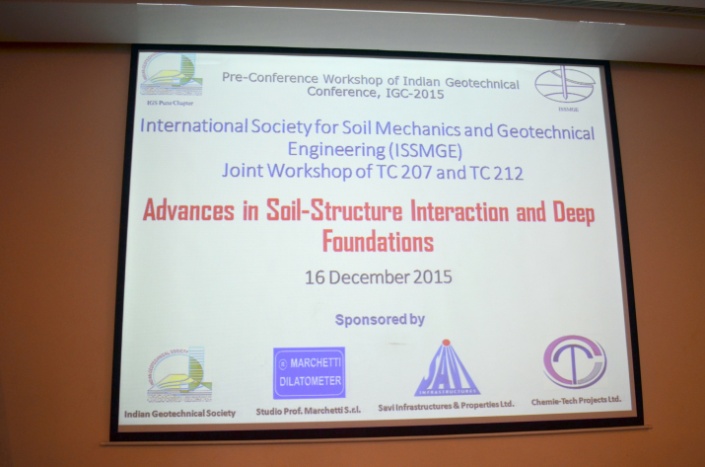
Picture 1: Welcome slide of the workshop
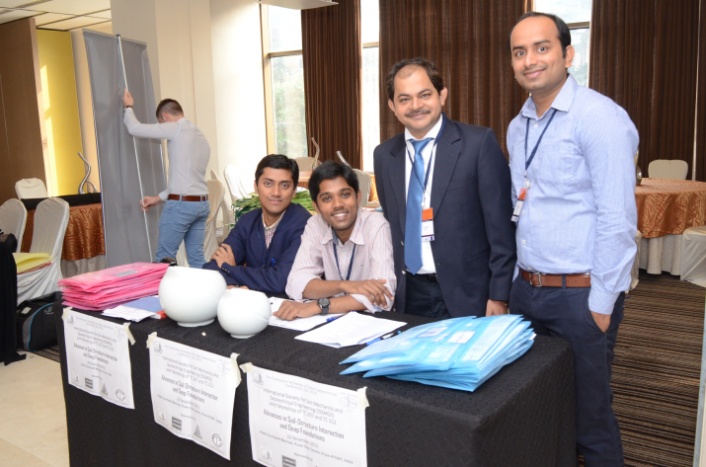
Picture 2: Registration desk of the workshop
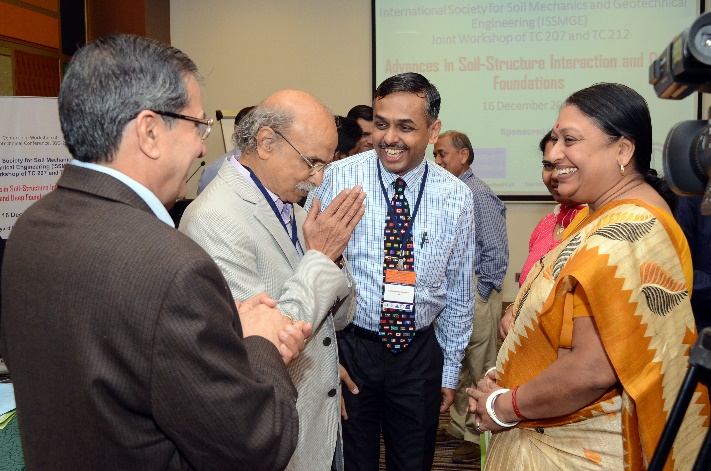
Picture 3: Greetings by President, IGS towards participants of workshop
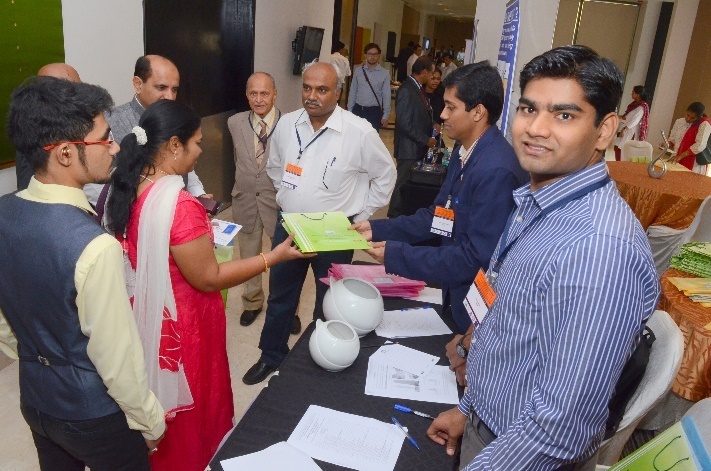
Picture 4: Delegates registering and receiving kits at the workshop
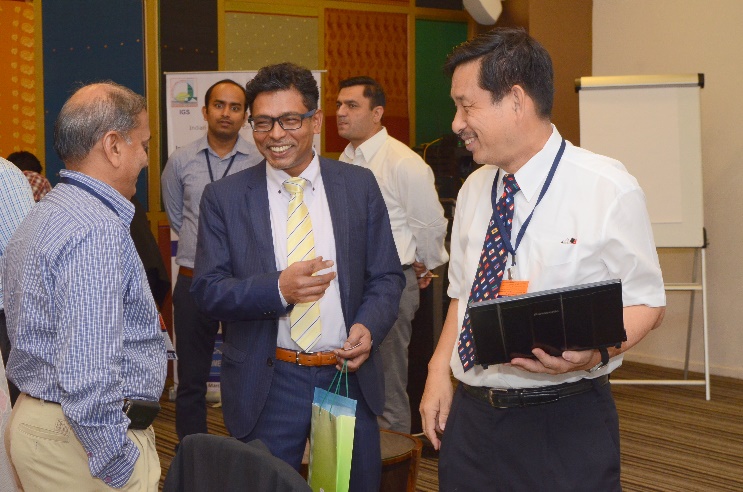
Picture 5: Interaction among some of the keynote speakers of the workshop
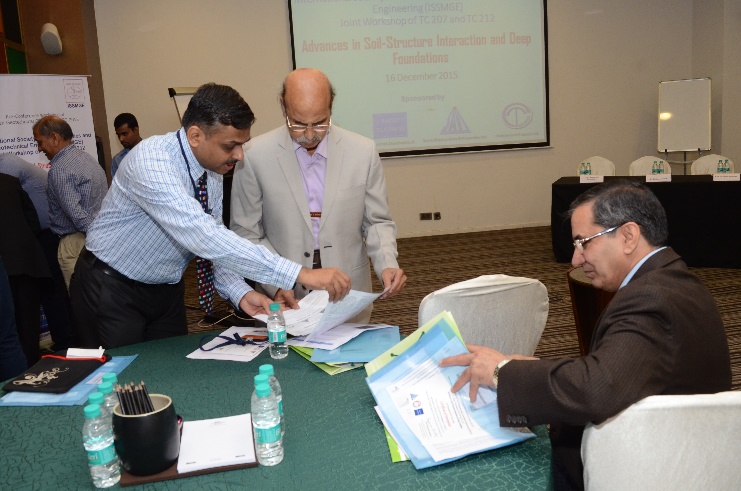
Picture 6: Briefing by Prof. Deepankar Choudhury to IGS President and Secretary
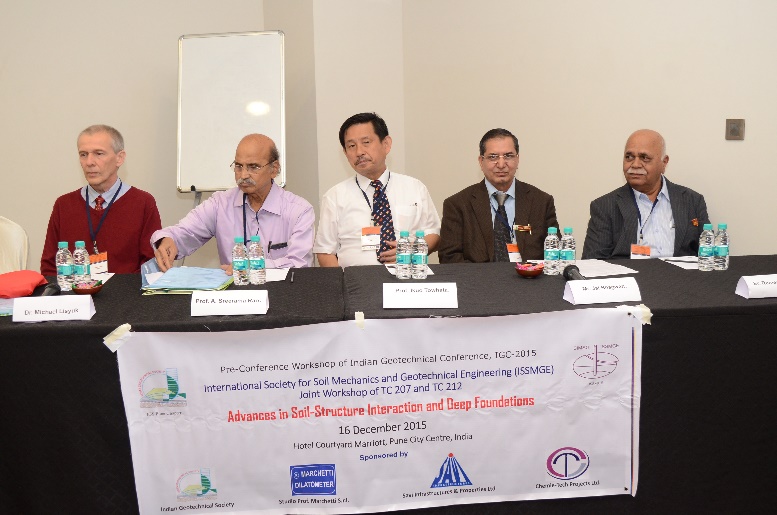
Picture 7: Inaugural session of the workshop with dignitaries on the dais
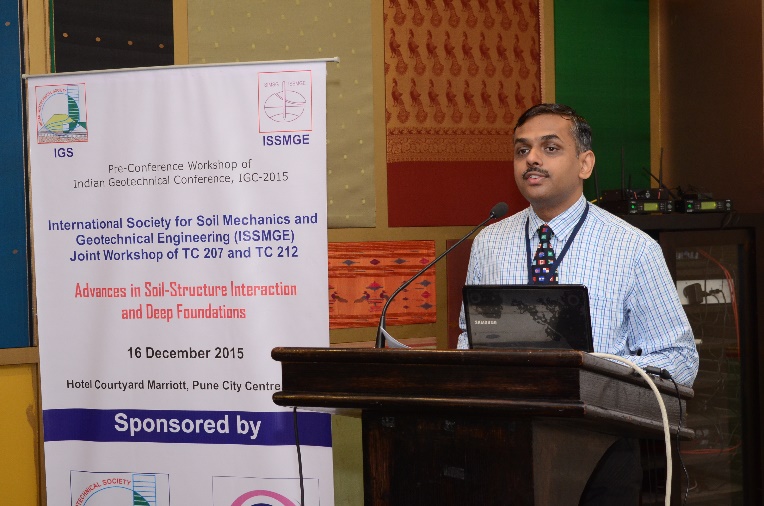
Picture 8: Opening remarks by the organizer of workshop and secretary of TC 207, Prof. Deepankar Choudhury
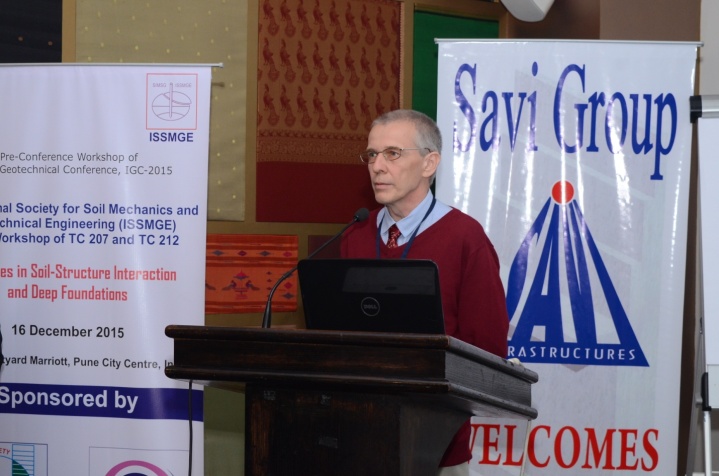
Picture 9: Keynote lecture by Dr. Michael Lisyuk, Chairman of ISSMGE TC 207
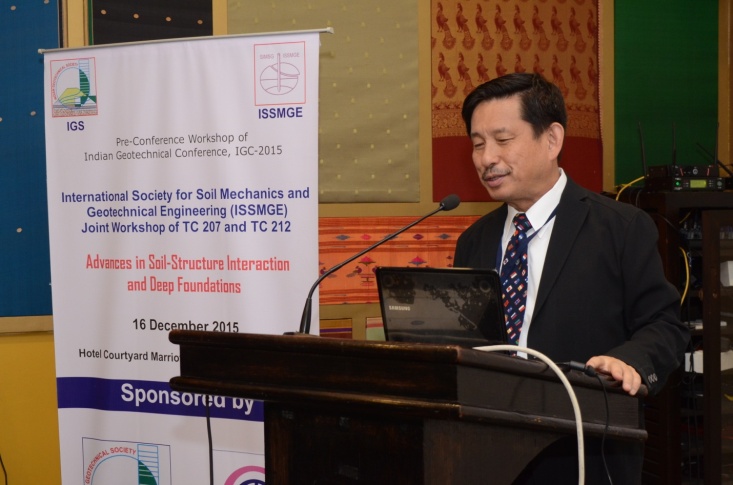
Picture 10: Keynote lecture by Prof. Ikuo Towhata, Vice President (Asia) of ISSMGE
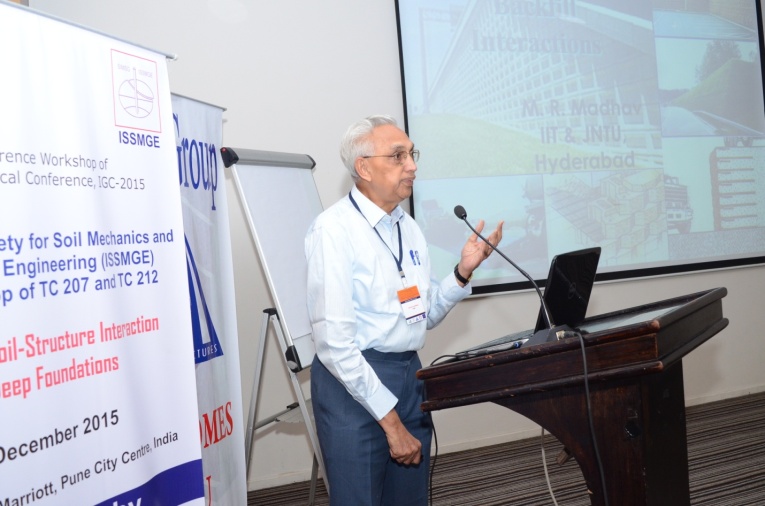
Picture 11: Kenote lecture by Prof. M.R. Madhav, former Vice President (Asia) of ISSMGE
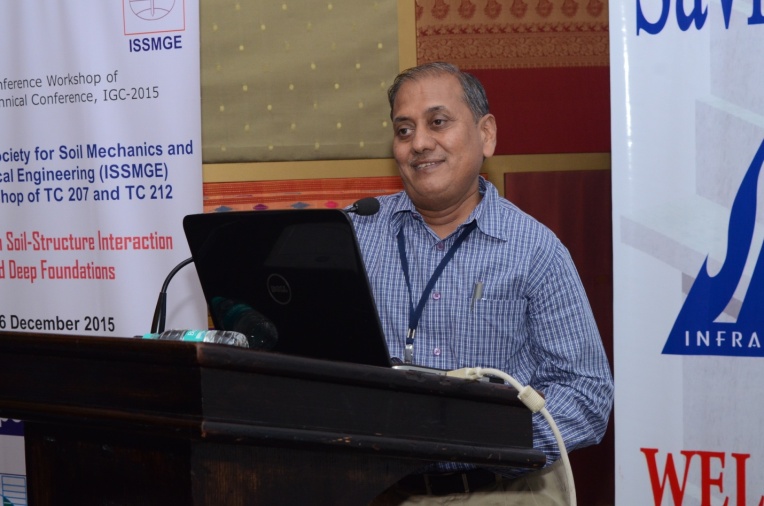
Picture 12: Keynote lecture by Prof. S.R. Gandhi, Member of ISSMGE TC 212
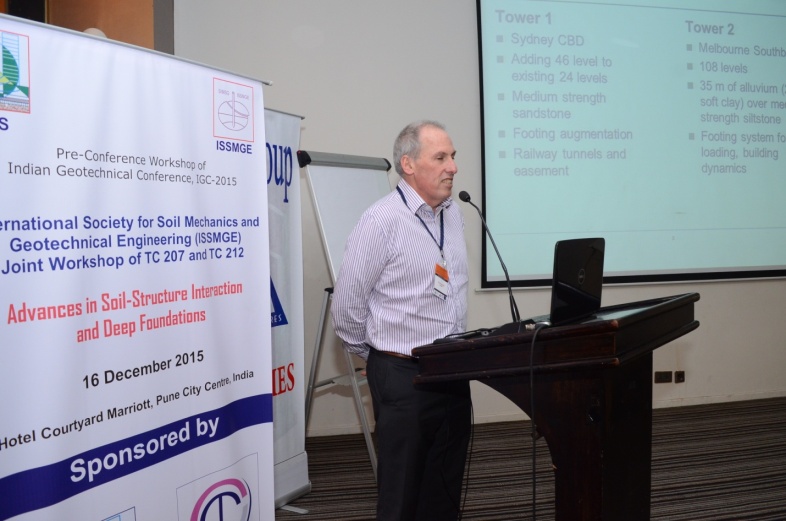
Picture 13: Keynote lecture by Dr. Chris Haberfield, Member of ISSMGE TC 207
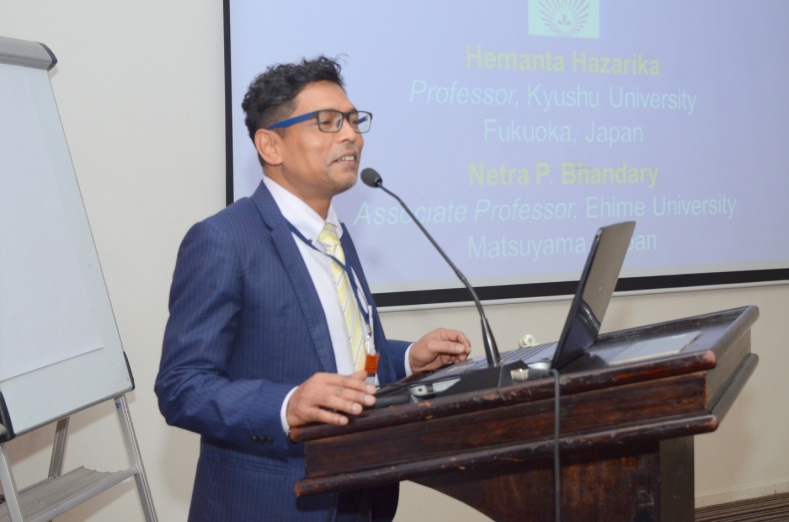
Picture 14: Keynote lecture by Prof. Hemanta Hazarika, Member of ISSMGE TC 207
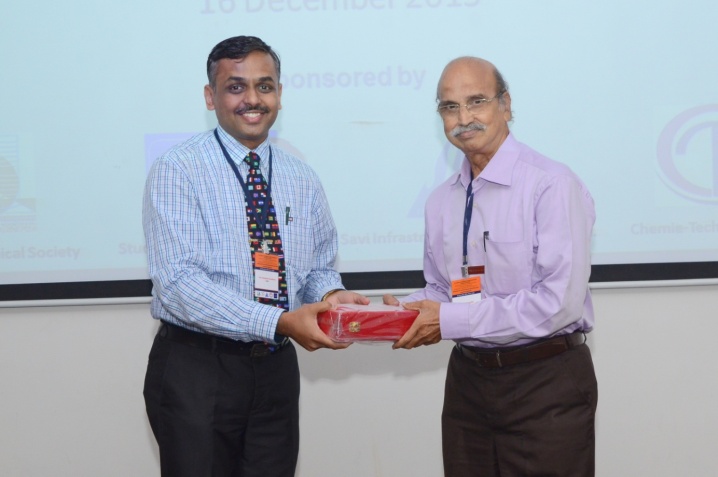
Picture 15: Felicitation of Chairman of session 1 – Prof. A. Sreerama Rao, President of IGS by Secreatray of ISSMGE TC 207, Prof. Deepankar Choudhury
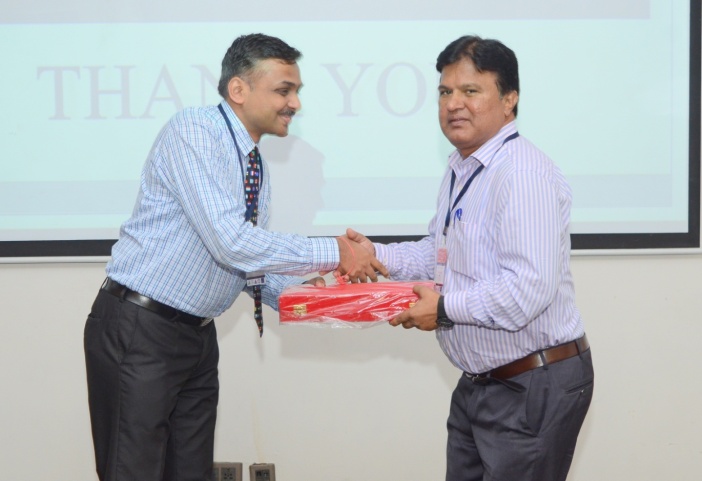
Picture 16: Felicitation of Chairman of session 2 – Prof. A. Boominathan by Secretary of ISSMGE TC 207, Prof. Deepankar Choudhury
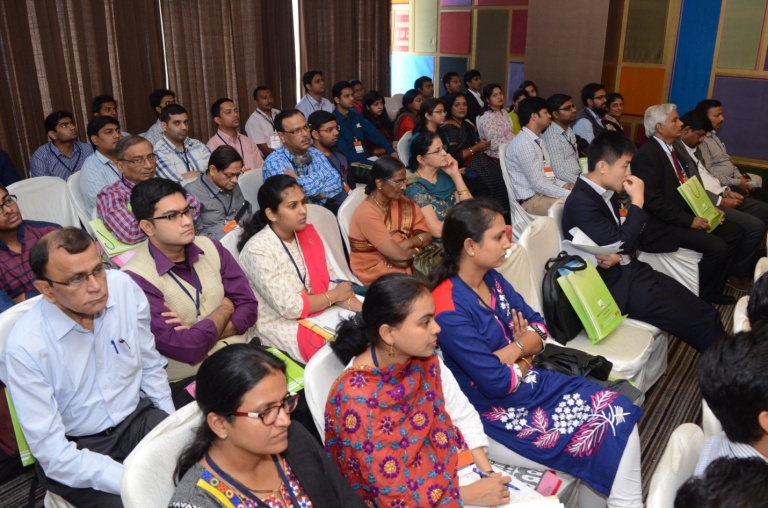
Picture 17: A view of a section of audience of the workshop
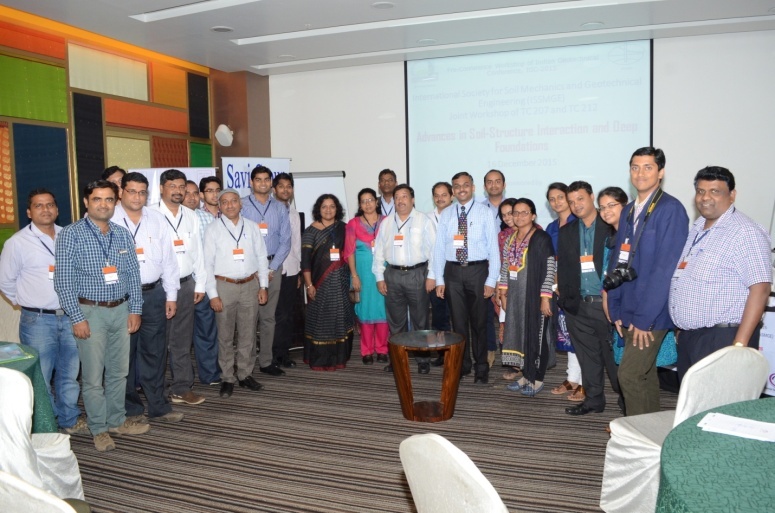
Picture 18: Some of the participants with organizer of workshop
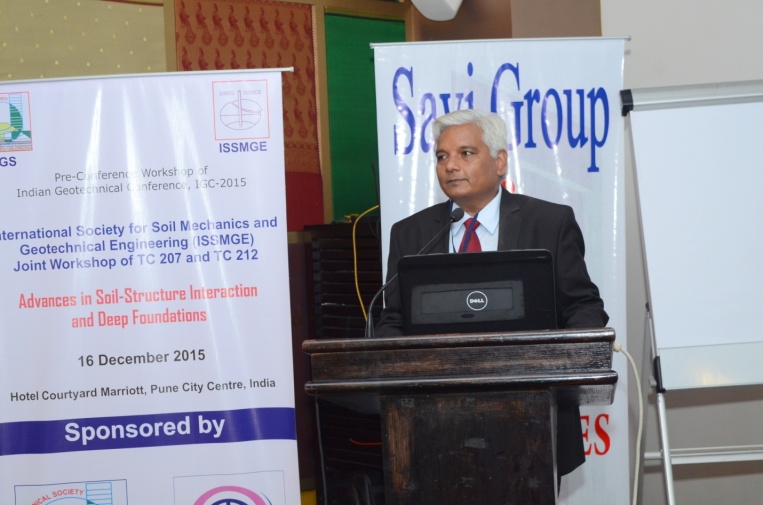
Picture 19: Keynote lecture by Prof. N. K. Samadhiya, Member of ISSMGE TC 207
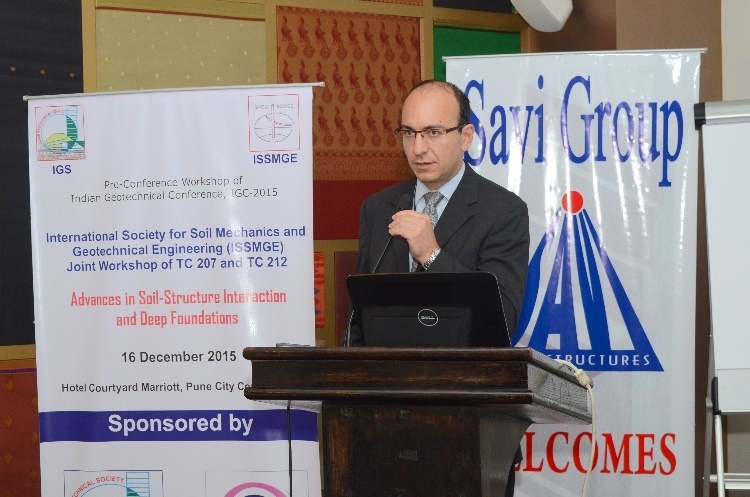
Picture 20: Keynote lecture by Er. Diego Marchetti from Italy
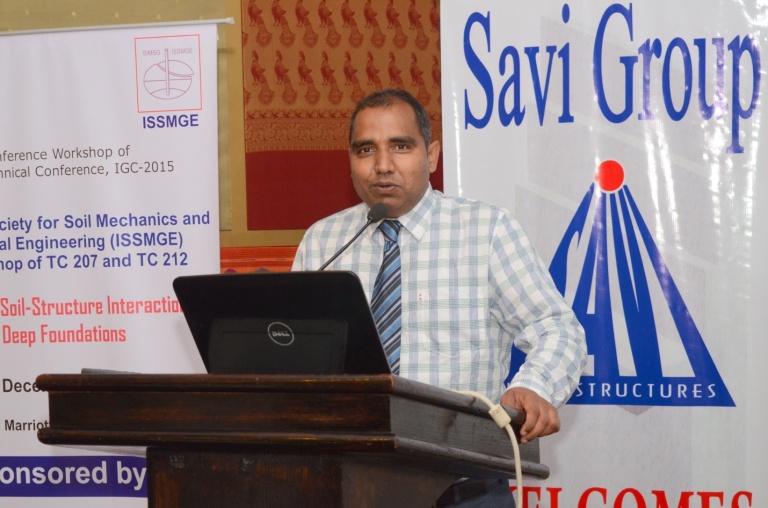
Picture 21: Invited lecture by Dr. Sanjay Nimbalkar from Australia
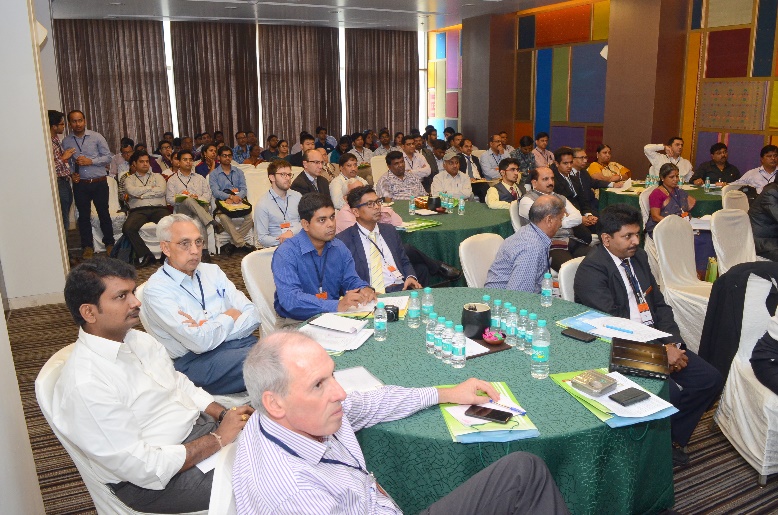
Picture 22: A view of a section of audience of the workshop
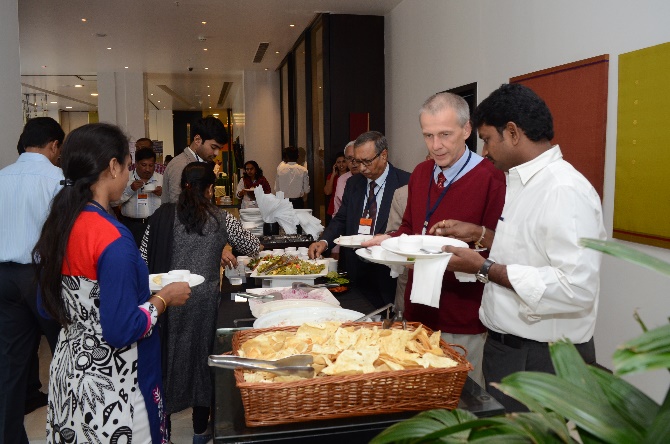
Picture 23: Lunch break of workshop
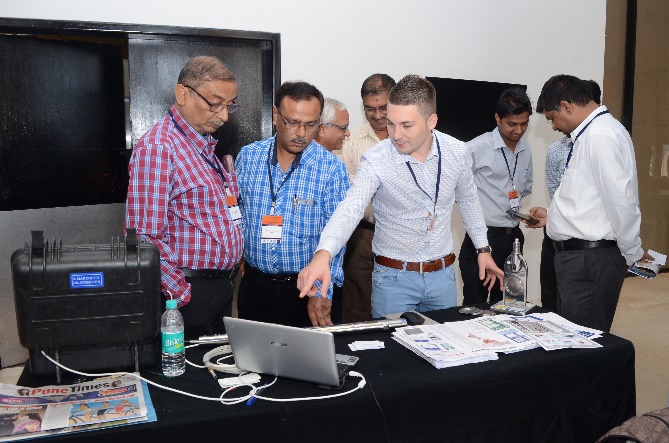
Picture 24: Exhibition of DMT and SDMT equipments during the workshop
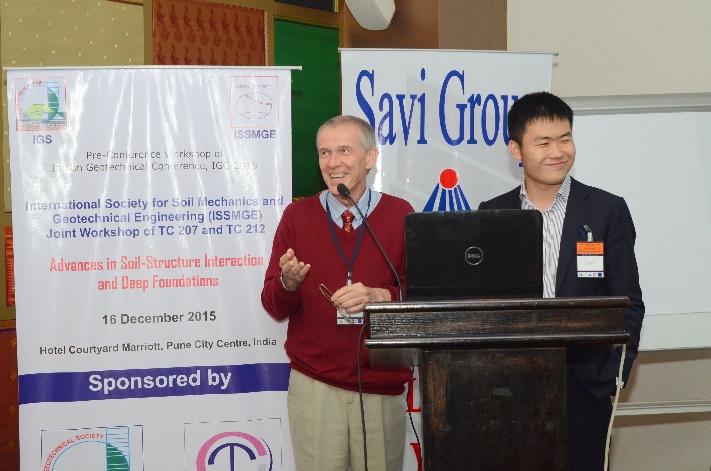
Picture 25: TC 207 Chair Dr. Michael Lisyuk (L) introducing invited speaker Mr. Haoyu Sun from China
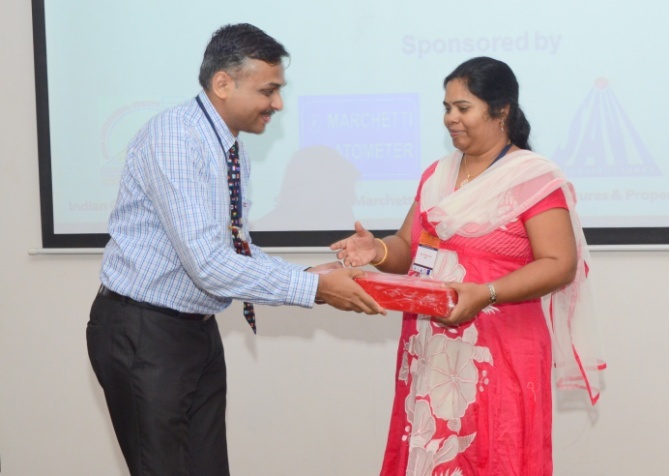
Picture 26: Felicitation of Chairperson of session 3 – Prof. G. Madhavi Latha, Member of TC 207 by Prof. Deepankar Choudhury
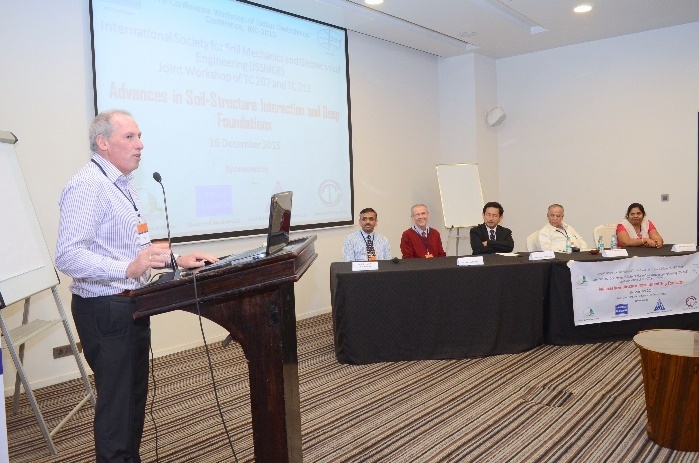
Picture 27: TC 207 Member, Dr. Chris Haberfield congratulating organizers in the Concluding session of the workshop
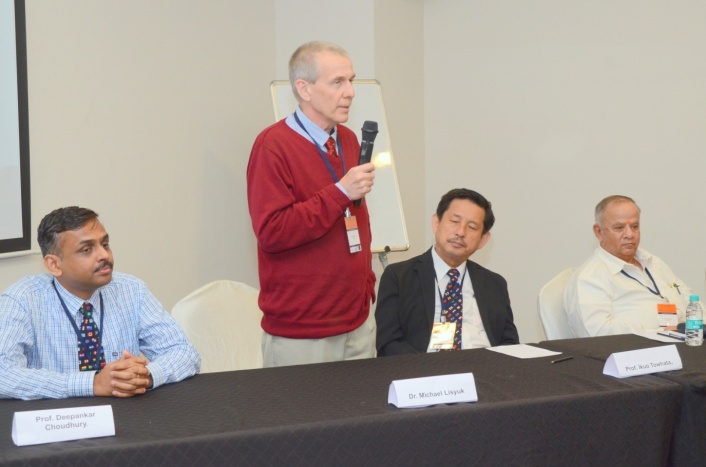
Picture 28: ISSMGE TC 207 Chair, Dr. Michael Lisyuk speaking in the Concluding session of the workshop
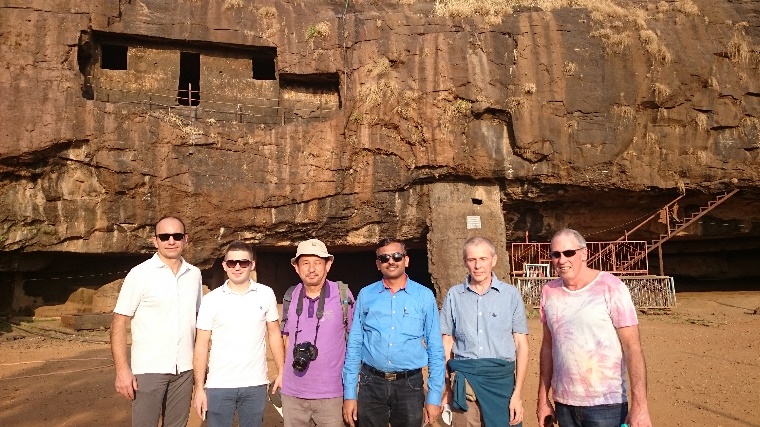
Picture 29: Visit to UNESCO world heritage site Karla Cave, India (L-R: Er. Diego Marchetti, Mr. Constantin, Prof. Ikuo Towhata, Prof. Deepankar Choudhury, Dr. Michael Lisyuk and Dr. Chris Haberfield)
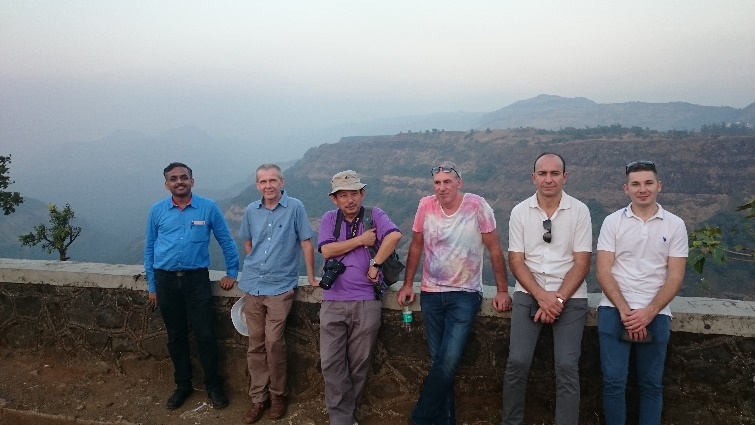
Picture 30: Visit to Western Ghat hills in Lonavala, India (L-R: Prof. Deepankar Choudhury, Dr. Michael Lisyuk, Prof. Ikuo Towhata, Dr. Chris Haberfield, Er. Diego Marchetti and Mr. Constantin)
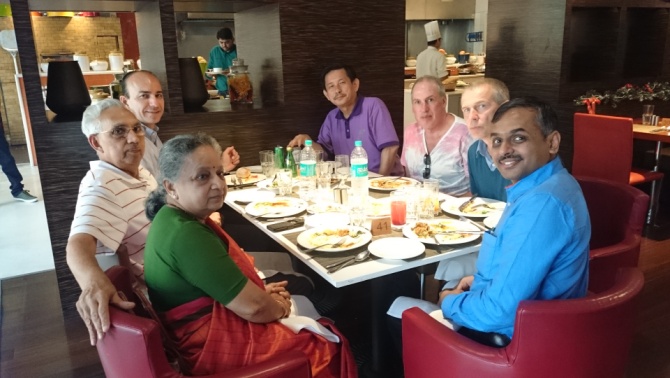
Picture 31: Lunch at workshop venue
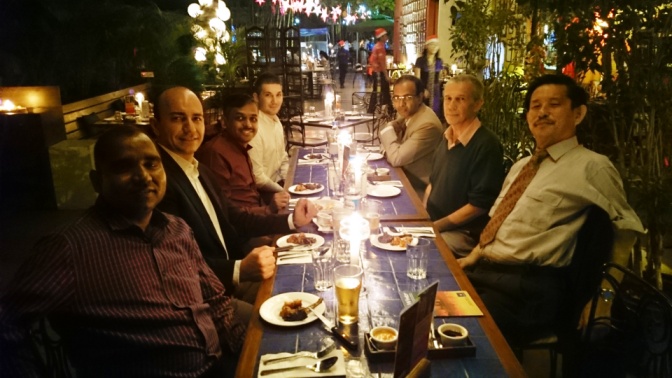
Picture 32: Dinner after the workshop
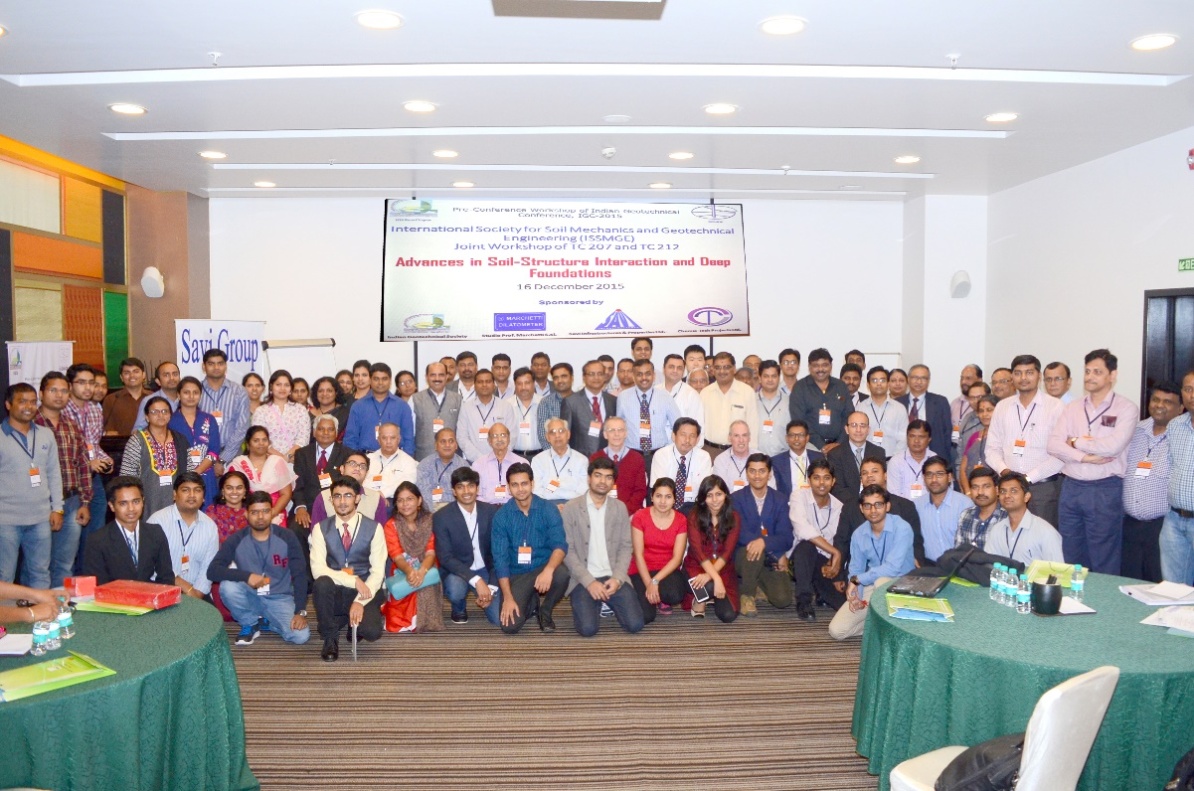
Picture 33: All participants of the ISSMGE TC207-TC212 workshop at Pune in Dec 2015

